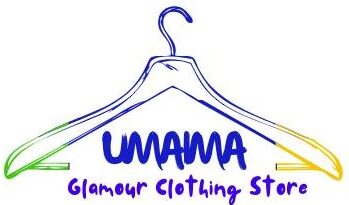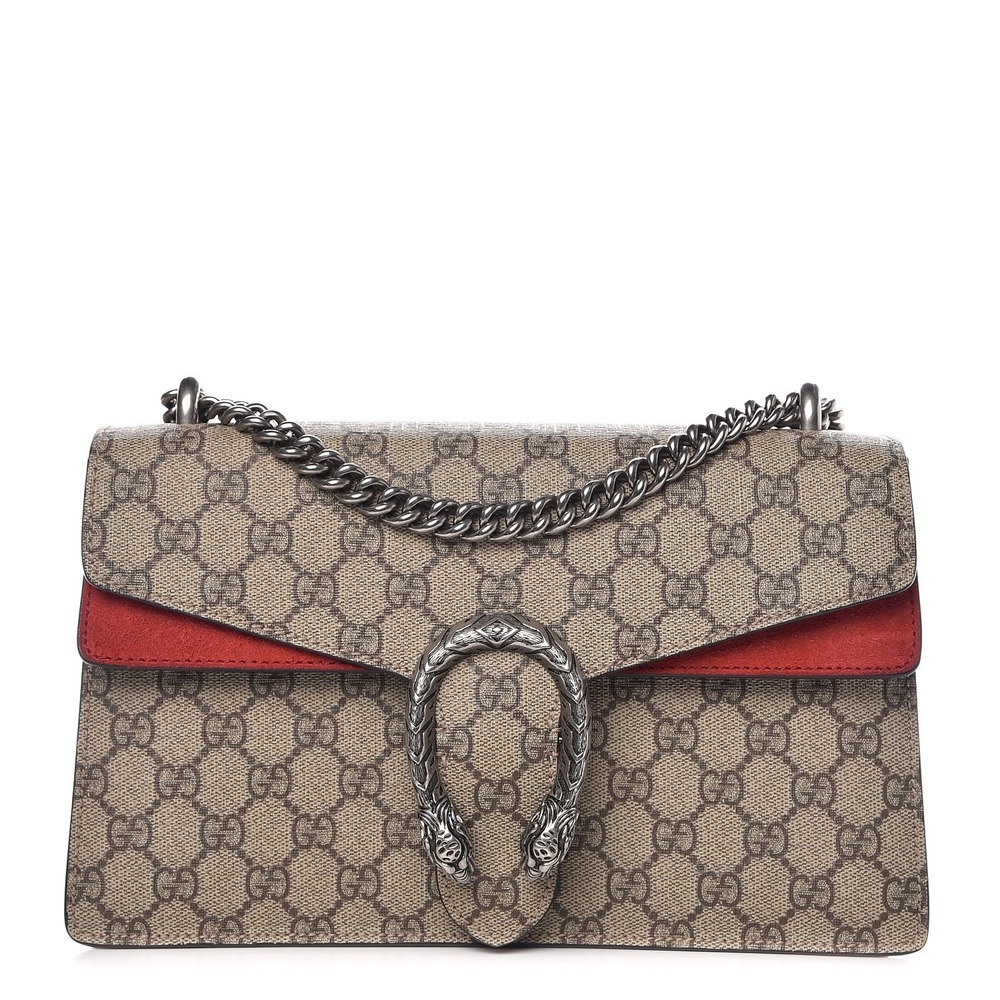Luxury for Less: Navigating the Replica Handbag Market Ethically
In the world of fashion, the allure of luxury is undeniable. Yet, for many, the dream of owning a designer handbag from the likes of Gucci, Louis Vuitton, or Chanel remains just that – a dream. Enter the replica handbag market, a controversial domain where the lines between aspiration, ethics, and legality are blurred. This complex ecosystem isn’t just a novelty for the curious fashionista; it’s a microcosm that reflects much larger industry upheavals and impacts the choices of the modern consumer. In this post, we will carefully unpack the replica handbag market, highlighting the various facets that make it a critical topic for both fashion lovers and ethical shoppers alike.
The Allure of Replica Handbags
Replica handbags have surged in popularity, offering consumers the chance to own a piece of luxury at a fraction of the original cost. These ‘dupes’ are often meticulously crafted, replicating the design, materials, and even brand logos with such precision that the untrained eye may not discern the difference. The affordability of these handbags is one of many factors driving their appeal. Consumers are now able to partake in the fashion culture that was once a domain of only the wealthiest.
However, the allure of knock-offs extends beyond mere economics. For some, it’s a statement of style, an extension of their persona, and a unique way to participate in trends without the hefty price tag. Yet, this appeal is fraught with ethical and legal implications that cannot—and should not—be overlooked.
Ethics and Legality
The replica handbag market raises a multitude of ethical questions. When one purchases a counterfeit item, this often supports a network of illegal activity including trademark infringement, labor exploitation, and even organized crime. Luxury brands spend extensive amounts on research, design, and sourcing of high-quality materials, which counterfeiters exploit without permission or fair compensation.
From an ethical standpoint, the decision to purchase a replica handbag is complex. While individuals may justify buying replicas on the grounds of affordability or as a form of protest against the high prices of good replica bags luxury brands, the consequences for the wider society and industry are immense. Equally, for the luxury brands, combating this market is a sizable challenge; the financial losses incurred create a knock-on effect that may lead to higher prices, affecting the ethical and sustainable practices of these companies.
Counterfeit Detection
Spotting a fake from a real luxury handbag can be a daunting task for the average shopper. However, there are telltale signs that can raise red flags. For instance, unmatched logos, questionable stitching, and inferior materials are common giveaways. Luxury brands continually invest in technology that not only differentiates their products but also aids in the identification of counterfeit items. From unique product codes to anti-counterfeit labels, the battle to keep knock-offs at bay is ongoing, with advancements on both sides continuously emerging.
In recent years, the availability of online resources and self-guided tutorials has empowered consumers to become adept at identifying replicas. This knowledge is crucial in making informed purchasing decisions and supporting the integrity of the luxury brands.
The Consumer Dilemma
Consumers find themselves at a crossroads when it comes to the replica handbag market. On one hand, the desire for luxury goods at an accessible price is valid, especially in the context of a rapidly changing fashion industry that often promotes a culture of overconsumption. On the other hand, there’s a growing awareness of the ethical responsibility each consumer holds in supporting fair trade and respecting intellectual property. The decision-making process is influenced by a myriad of factors, including personal beliefs, available alternatives, and the perceived risk of engaging with the replica market.
The stance a consumer takes on this issue resonates far beyond the individual purchase. It signals an alignment with broader ethical movements within the fashion industry and a willingness to act as a stakeholder in the preservation of authentic luxury and its associated values.
The Future of Replica Handbags
The replica handbag market is a harbinger of change within the luxury fashion industry. As luxury brands evolve their business models to accommodate the rise of conscious consumerism and sustainable practices, the replica market may face its reckoning. Increased awareness, stricter legal enforcement, and advancements in counterfeit detection technology are poised to shape the landscape of replicas.
At the same time, consumer attitudes and purchasing behaviors continue to shift. What was once seen as a savvy way to enjoy luxury may be viewed as an outdated practice that goes against the grain of fostering a sustainable and ethical fashion community. The future of replica handbags lies in the hands of the industry and its consumers, with choices made today potentially setting the course for tomorrow.
Conclusion
The frenzy around replica handbags is more than just a passing trend; it’s a microcosm reflecting the complexities of the fashion industry at large. For those who love fashion, the appeal of replicas is undeniable, providing a means to access the sophisticated aesthetics of prestigious brands. However, this allure is juxtaposed against ethical and legal concerns that cast a shadow over the market.
Navigating the world of replica handbags requires a careful consideration of the broader implications. Whether we choose to engage with this market or not, our decisions shape the future of fashion and consumerism. It’s a responsibility we cannot delegate or ignore. By understanding the dynamics and making informed choices, we can contribute to a fashion community that is not only stylish but also principled.
The conversation around replica handbags will continue to evolve, and as it does, we invite you to partake in the dialogue. Share your views, experiences, and insights with us. Only through open discussion can the fashion community collectively steer towards a future that mirrors the values we hold dear. So, let’s keep the conversation going and make informed decisions that align replica bags wholesale with our personal ethics and values. The future of fashion is in our hands.

